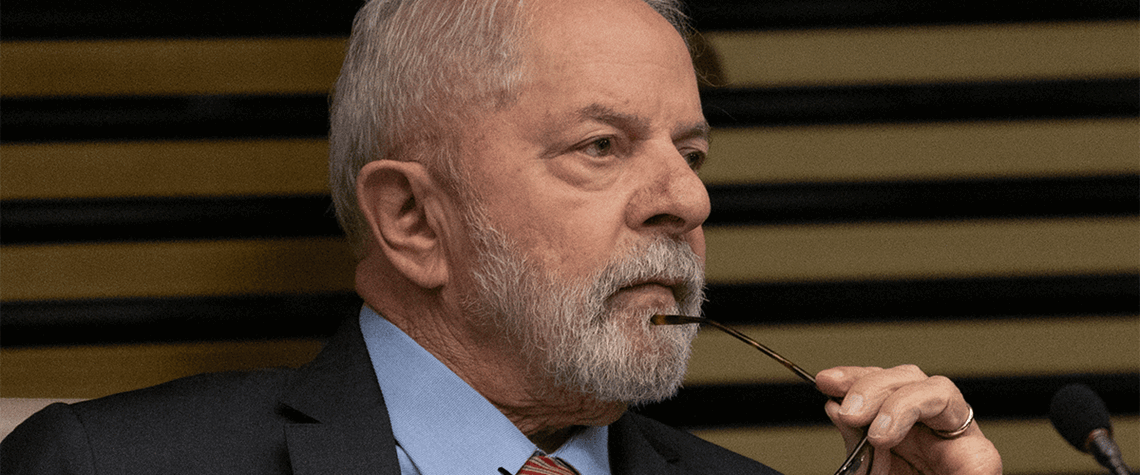Brazil seeks greater oil market influence
Despite environmental criticism, President Lula sees opportunity to build bridges with OPEC+ allies
Latin America’s largest oil producer welcomed in the new year as the newest recruit to the OPEC+ alliance with oil output booming and ambitions to help shape global pricing. The government boasted almost 20% annual production growth heading into December and has ambitions to make the country the fourth-largest oil producer by 2030. Surging domestic production is at the heart of Brazil’s recent admission into OPEC+. The pact recognises the country’s increasing influence, particularly as pre-salt oil ramps up, while the Brazilian government also wants to build tighter economic and political relations with the world’s largest exporters. “OPEC+ membership would allow Brazil to forge closer ties

Also in this section
4 March 2026
The US president has repeatedly promised to lower gasoline prices, but this ambition conflicts with his parallel aim to increase drilling and could be upended by his war against Iran
4 March 2026
With the Strait of Hormuz effectively closed following US-Israel strikes and Iran’s retaliatory escalation, Fujairah has become the region’s critical pressure release valve—and is now under serious threat
3 March 2026
The killing of Iran’s Supreme Leader Ayatollah Khamenei in US–Israeli strikes marks the most serious escalation in the region in decades and a bigger potential threat to the oil market than the start of the Russia-Ukraine crisis
2 March 2026
A potential blockade of the Strait of Hormuz following the escalating US-Iran conflict risks disrupting Qatari LNG exports that underpin global gas markets, exposing Asia and other markets to sharp price spikes, cargo shortages and renewed reliance on dirtier fuels







